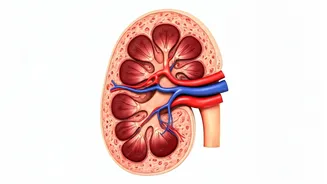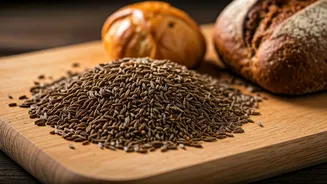Prioritize Hydration Daily
Proper hydration is absolutely critical for kidney function, acting as a natural cleanser. Aim to drink an adequate amount of water throughout the day.
The exact amount varies depending on factors like activity level and climate, but a good rule of thumb is to drink at least eight glasses of water. Water helps the kidneys flush out waste products, keeping them clean and functioning optimally. Moreover, it is crucial to recognize that sugary drinks, like sodas and juices, do not have the same positive effect, and may even hinder kidney health. Make water your go-to beverage for a healthy body.
Embrace Balanced Nutrition
A well-balanced diet is a cornerstone of kidney health. Focus on whole foods, including fruits, vegetables, and lean proteins. Limit processed foods, which are often high in sodium, phosphorus, and other additives that can strain the kidneys. Pay attention to portion sizes, as overeating can contribute to weight gain, which is a risk factor for kidney disease. Including a variety of colorful fruits and vegetables provides essential vitamins and antioxidants. These can further protect the kidneys from damage. Seek advice from a healthcare professional or a registered dietitian to develop a personalized nutrition plan that is specifically tailored to your individual needs and health status.
Manage Blood Pressure
High blood pressure, also known as hypertension, can seriously damage the kidneys over time. Regular monitoring of blood pressure is essential. It helps to detect and address any issues promptly. If your blood pressure is elevated, it's important to follow your doctor's recommendations for medication, lifestyle changes, or both. Incorporating more exercise into your daily routine, reducing salt intake, and maintaining a healthy weight are all effective ways to help lower blood pressure. It's also crucial to regularly consult with a healthcare provider to assess your blood pressure and overall kidney health, taking the necessary steps to keep it under control and protect the kidneys.
Control Blood Sugar
Diabetes is another significant risk factor for kidney disease, emphasizing the necessity of proper blood sugar control. If you have diabetes, regularly monitor your blood sugar levels and follow your doctor's guidance on medication and dietary modifications. Maintaining a healthy weight, eating a balanced diet, and engaging in regular physical activity can help control blood sugar. It's important to understand that even slight fluctuations can cause serious kidney problems. Consistent monitoring and adherence to a healthcare plan are critical for preventing kidney damage. Early detection and management are key to preventing or slowing the progression of diabetic kidney disease.
Exercise Regularly & Often
Regular physical activity brings several health benefits, including protecting kidney health. Exercise aids in maintaining a healthy weight, which helps lower blood pressure and reduces the risk of diabetes, both of which are major risk factors for kidney disease. Aim for at least 150 minutes of moderate-intensity exercise per week, such as brisk walking, cycling, or swimming. Find activities you enjoy and make them a consistent part of your routine. It is also important to remember that consulting with your healthcare provider before starting any new exercise program is recommended, especially if you have existing health conditions. Incorporating movement into your daily life is a positive step towards better kidney health and improved overall wellness.


















